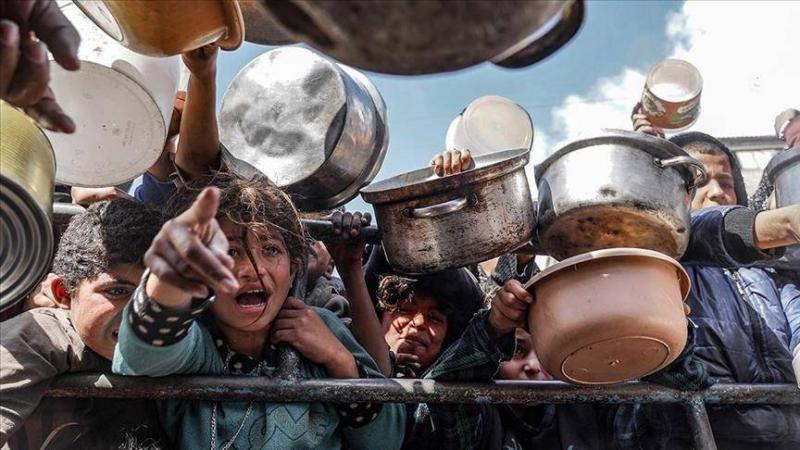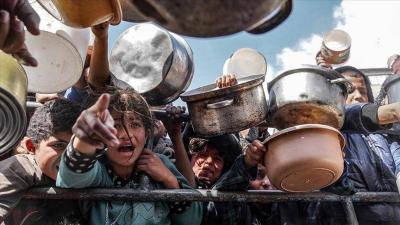The name "Blacklist" gained attention after the United Nations included both the Israeli army and the Palestinian groups Hamas and Islamic Jihad on it last Friday. Diplomatic sources reported that UN Secretary-General Antonio Guterres listed the Israeli army and both Palestinian movements on the UN "Blacklist" in light of the ongoing war in Gaza for the past eight months.
So what is the "Blacklist"? The UN publishes an annual report on children and armed conflicts. The report includes two lists: the first for parties that have taken measures to protect children, and the second for those that have not.
The "Blacklist" comprises countries or entities involved in actions such as killing children, maiming them, committing sexual violence against them, kidnapping, recruiting them, obstructing aid access, and targeting schools and hospitals. The UN presents the list to the Security Council, which consists of 15 countries.
Israeli Ambassador to the UN Gilad Erdan stated that he learned Israel was included in the list of parties that did not take appropriate measures to protect children. The report was prepared by the UN's Special Representative for Children and Armed Conflict, Virginia Gamba.
The purpose of the list is to expose conflict parties in the hope of urging them to implement measures to protect children. The list will be officially published on June 18. This year's report includes violations of children's rights in about 20 conflict areas worldwide, including Gaza.
Human rights groups have long pressed for Israel's inclusion on the blacklist, and in 2022, the UN issued a warning that Israel would need to demonstrate improvements to avoid being added. The list does not entail any sanctions, but the implications of being included can be significant. Entities listed may face a decline in diplomatic standing, sanctions, arms embargoes, or other forms of boycotts. Last year's list included 66 countries and groups, including Russia and Myanmar's military.




